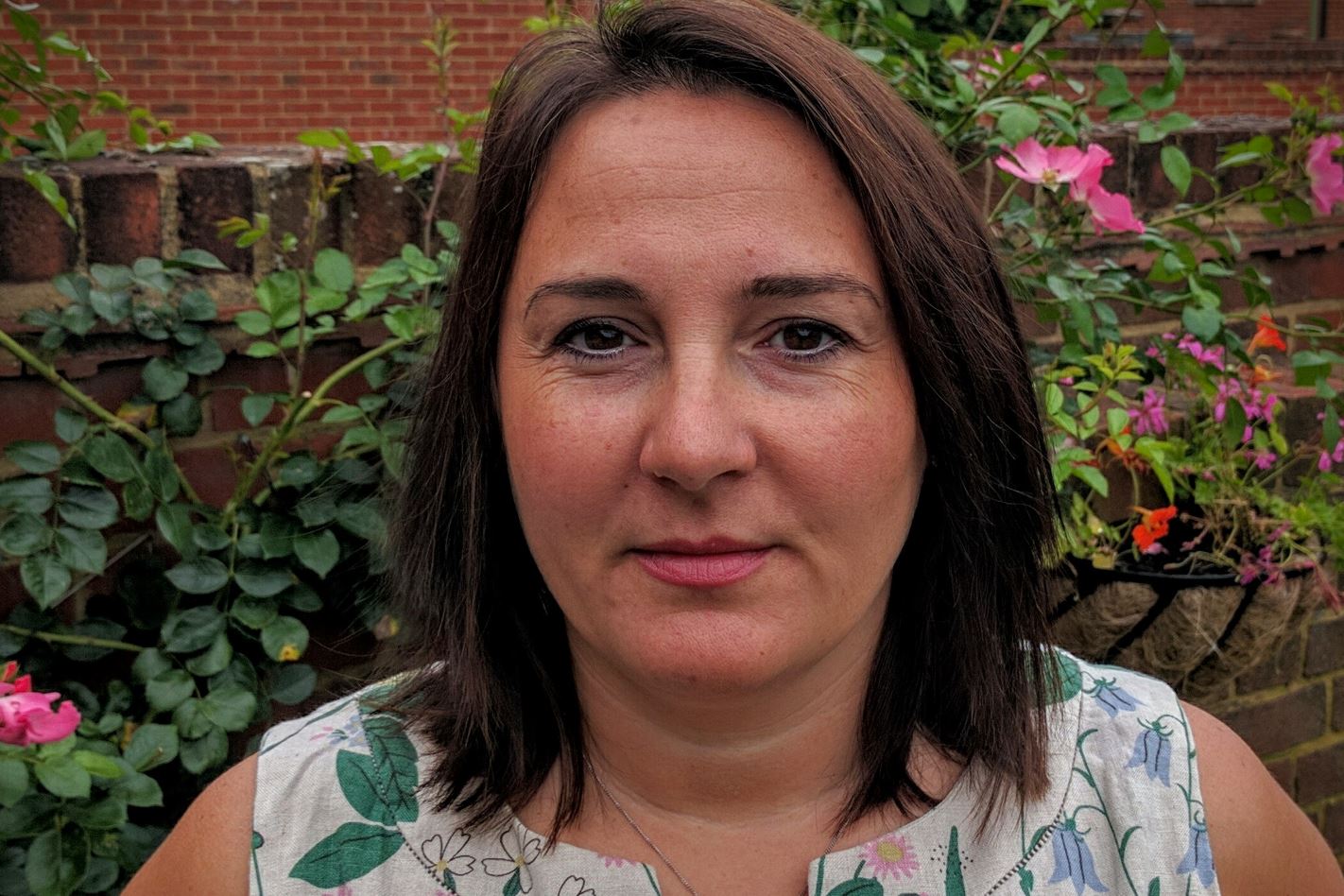10th August 2016
Anwen Evans, a health visitor for Southern Health NHS Trust, shares how creating a new support group for mums with perinatal mental ill-health in Andover led to a follow-on group run by the mums themselves.
Perinatal mental illness is reported to affect 1 in 5 mothers in the UK and is recognised as a major public health issue and the leading cause of death for mothers during the perinatal period. The estimated annual financial cost is £8.1 billion and a significant proportion of this relates to associated poor outcomes for children.
In Andover (Hampshire) alone, based on local birth figures, it is estimated that up to 16 mothers a month will encounter perinatal mental ill-health following the birth of their baby. Being aware of the local health needs, it was agreed by Southern Health Foundation Trust that Andover could pilot a new group to support mothers with identified perinatal mental ill-health.
“Knowing Me, Knowing You“ was developed in collaboration with Andover MIND and the Specialist Perinatal Mental health team in Winchester. The group aimed to reduce symptoms, improve parental confidence and enable women to develop social support networks. The local Children’s Centre provided their facilities free of charge which enabled us to deliver the group in a familiar community setting.
The group was facilitated by a wellbeing practitioner from MIND, a community nursery nurse and myself.
I was able to access support from my colleagues who had previously been involved in facilitating ‘postnatal’ groups – they shared their knowledge and experience of running groups for mothers with perinatal mental ill-health. The Regional Specialist Perinatal Mental Health team based at Melbury Lodge also provided regular supervision to the team. This provided me with a sound foundation to take the idea forward and implement it into practice.
Referrals for the group were received from GPs, health visitors and directly from mothers who felt that they were experiencing symptoms of perinatal mental illness. I adopted an intensive engagement approach to improve sign up; after meeting each mother to assess her suitability for the group, I sent a handwritten card inviting her to attend with her baby. I felt it was important to make each of the women feel welcomed to the group through a personal invite.
Activities, ranging from rhyme time to baby massage, were incorporated into each session and fathers were also invited to attend a one-off session to provide information, advice and support for living with perinatal mental health difficulties.
We recognised that, for some mothers, it can be difficult to leave their baby when they are feeling at their most vulnerable, so each session included an infant-friendly activity. The activities were carefully chosen to support the mothers to build their confidence as parents, and focused on responsive parenting techniques.
Infant mental health is often poorly understood so throughout the sessions we discussed ways that babies often show they are tense, anxious and fearful through being restless, having difficulty feeding and sleep problems. Supporting mothers to develop an understanding of their baby’s world has been found to be a key component of successful outcomes for children when mothers have perinatal mental ill-health.
Learning was a two-way process, and the mothers who attended the group shared their experiences of perinatal mental illness and the ways that services had made their treatment journey easy, as well as occasions when they had experienced difficulties. To capture this and ensure that we heard their “voice”, group members were invited to participate in an innovative co-design approach using the King’s Fund Experience Based Co-Design toolkit.
The findings from the co-design provided a rich source of information that has been used to provide a perinatal mental health service that is more responsive to mothers’ needs, including a redesigned perinatal mental health leaflet, efforts to address stigma and encourage parents to talk about how they are feeling to improve service access.
From my perspective, perhaps the greatest success of the programme came from the mothers. After the 8-week programme, mothers were keen to set up a follow-on group which would allow them to continue meeting. The mothers have since established a weekly peer support group called “Knowing Us” that will provide ongoing support to women before and after the “Knowing Me, Knowing You” programme.


